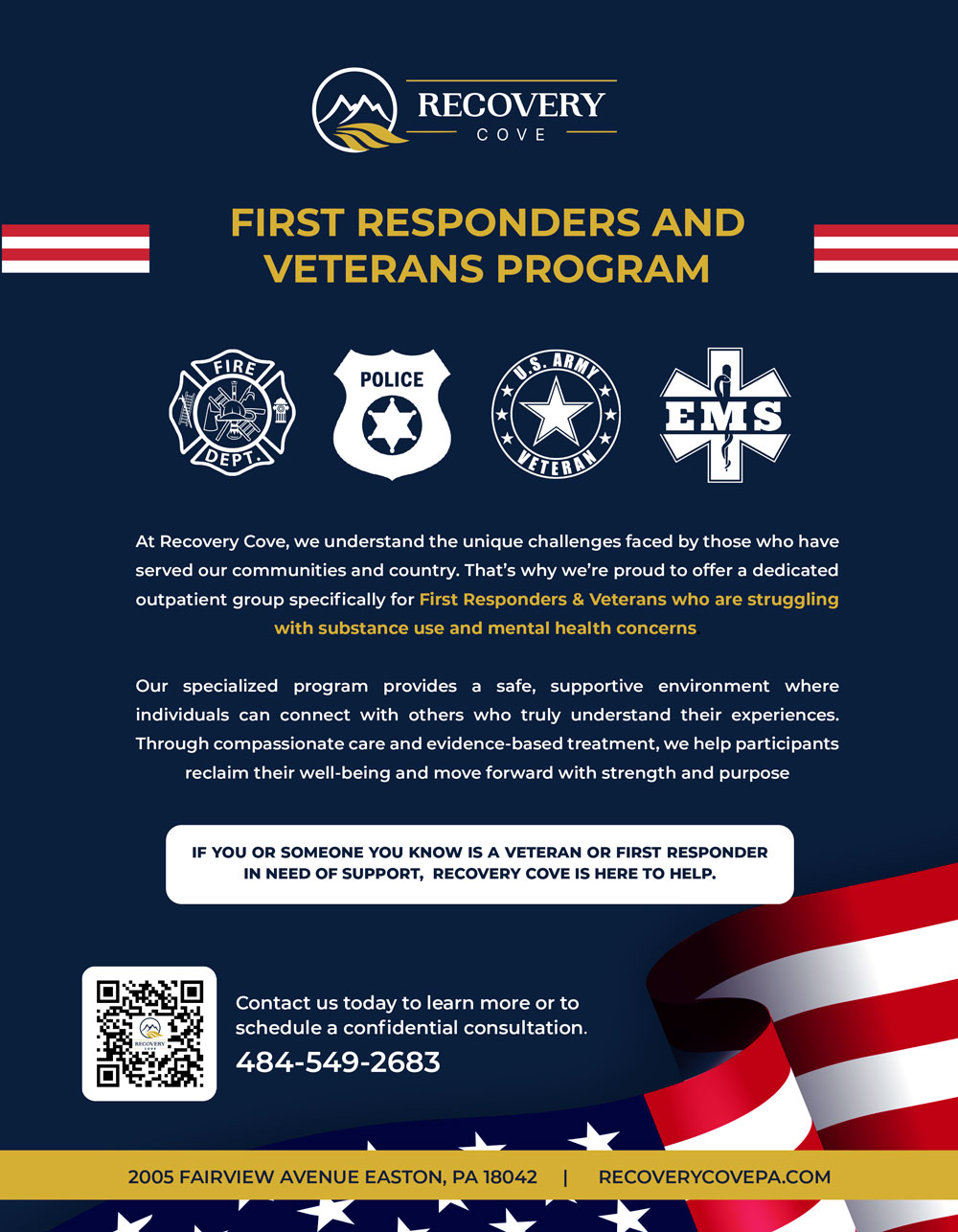When people think of alcohol addiction, they often picture someone who drinks from morning to night, every single day. But the reality is much more complex—and often more subtle. In fact, some individuals with Alcohol Use Disorder (AUD) don’t drink daily. Some may go days, even weeks, without alcohol, and still struggle with a serious problem.
So, can you be addicted to alcohol without needing to drink every day? Yes, you can. Understanding how that works is an important step in recognizing the many forms alcohol use disorder can take.
What Is Alcohol Use Disorder (AUD)?
Alcohol use disorder is a medical condition defined by a compulsive need to drink, loss of control over alcohol use, and negative consequences related to drinking, regardless of how often someone drinks. The frequency is not the only indicator. What matters more is your relationship with alcohol.
The Diagnostic and Statistical Manual of Mental Disorders (DSM-5) outlines 11 criteria for diagnosing AUD. Someone who meets several of these criteria may be diagnosed with mild, moderate, or severe AUD, even if they aren’t drinking every day:
- Drinking more than intended
- Failing to cut back despite wanting to
- Craving alcohol
- Spending a great deal of time using alcohol
- Neglecting responsibilities
- Continued use despite physical or mental harm
It’s important to know that AUD exists on a spectrum. For instance, a person with mild AUD might not drink daily, but when they do drink, they have trouble stopping. Without intervention, mild AUD can progress into a more serious condition where the person is fully dependent on alcohol to function.
How Does AUD Differ from Problem Drinking?
Not everyone who drinks frequently has a true alcohol use disorder. Problem drinking refers to any drinking behavior that causes negative consequences, such as drinking too much, too often, or in risky situations. Common signs of problem drinking include binge drinking, frequent hangovers, and drinking to cope with stress.
While problem drinking does not always mean that someone is addicted to alcohol, it is a red flag that it’s interfering with their life. Left unchecked, this problem can escalate into AUD.
Alcohol use disorder, on the other hand, is a medical diagnosis characterized by the inability to stop drinking despite harmful consequences. To be diagnosed with this condition, a person must meet 2 out of 11 criteria in a 12-month period.
Signs of a Non-Daily Alcohol Addiction
Worried that you might be growing dependent on alcohol? Here are a few ways alcohol addiction can show up even when daily drinking isn’t part of the picture:
Binge Drinking on Weekends
You might go all week without touching alcohol, but drink excessively on the weekends—often consuming large amounts in one sitting. This pattern, also known as binge drinking, can still cause health problems, lead to risky behavior, and be a sign of dependence.
Constant Preoccupation with Drinking
Even if you’re not physically drinking, you may find yourself thinking about alcohol often, planning when you can drink next, or feeling agitated when you can’t. If you have to work hard to avoid alcohol, it’s a sign you may be developing AUD.

Loss of Control When You Do Drink
You may intend to “just have one” but find it nearly impossible to stop once you start. This loss of control is a core indicator of addiction. People without AUD are able to have that one drink and stop, even when they are in social settings. They’re aware of the consequences and don’t let alcohol interfere with their responsibilities.
Inability to Stay Stopped
Perhaps you’ve tried to quit or cut back before—but keep returning to alcohol after short breaks. That cycle can be emotionally exhausting and is a sign that alcohol is playing a larger role in your life than you want it to. Chances are, you are led back to alcohol because you're using it to cope with stress or escape emotional pain.
Guilt, Shame, or Consequences from Drinking Episodes
If your drinking—even occasional—has caused damage to relationships, your health, your job, or your self-esteem, it’s a red flag worth paying attention to. Without support, your drinking may continue, and it can further affect your personal and professional life. Fortunately, if you’re in the early stages of AUD, you can get help and avoid these consequences from happening.
Why This Matters
Because alcohol addiction isn’t always daily, many people delay seeking help or don’t realize their pattern qualifies as a problem. They may think:
- “I don’t drink every day, so I’m fine.”
- “I can go without it, so I’m not addicted.”
- “Other people drink more than I do.”
But comparing your drinking to others—or waiting until things get worse—can keep you stuck. The earlier you recognize a problem, the easier it is to change course. The good news is that treatment exists on a spectrum, just as AUD does.
If you have a mild disorder, you can benefit from an outpatient program that adds structure to your day, uncovers your motivations for drinking, and teaches you healthier ways to cope. You do not need to stay in a residential facility. In fact, outpatient programs are flexible and accommodate busy schedules, allowing you to get the care you need without having to step away from your everyday life.
Bottom line: you don’t have to hit “rock bottom” to reach out. Recovery is available for anyone who wants a healthier relationship with alcohol, whether you drink daily, weekly, or less often.
Options like therapy, support groups, outpatient treatment, and sober living communities can help you explore what role alcohol plays in your life and what recovery can look like for you.
Alcohol Use Disorder Treatment in Easton, PA
Addiction doesn’t always look how we expect it to. It can be hidden behind high-functioning routines, successful careers, and long periods of sobriety between binges. If alcohol is taking up more space in your mind or your life than you’re comfortable with, that’s reason enough to explore your options.
You don’t have to drink every day to deserve support—and you don’t have to wait until things get worse to seek it. Recovery Cove offers therapy, support groups, outpatient treatment, and holistic activities that support recovery while also teaching individuals new ways to spend their time. Contact our team at 484-549-COVE to explore our programs and the next steps that are right for you.







